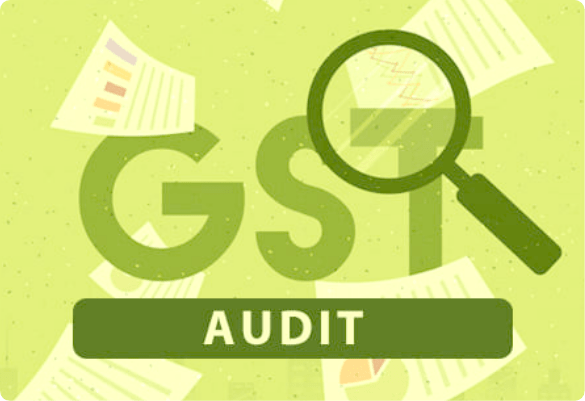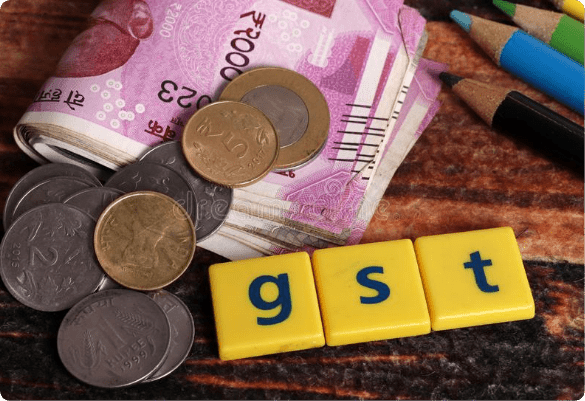The Micro, Small and Medium Enterprises Development (MSMED) Act, 2006 defines the Micro, Small and Medium Enterprises (MSME) in accordance with the annual revenues a business generates. The Union Cabinet of India has definite provisions regarding the terminologies as stated below:
- Enterprises whose annual turnover is below ₹5 crores are micro-enterprises.
- Those with annual turnovers exceeding ₹5 crores but below ₹75 crores are small enterprises.
- Those enterprises whose annual turnover lies between ₹75 crores and ₹250 crores are medium enterprises.
The MSME has merged as a highly energetic and vibrant sector of the national economy over the last 5 decades. By generating vast employment opportunities at a relatively low capital cost and fostering entrepreneurship, it has made significant contributions to the economic and social development of India. MSMEs act as ancillary units to large industries and contribute immensely to the inclusive industrial development of India. It has also played a major role in rural industrialisation, combining the infusion of technical know-how with traditional skills.
The Government of India has taken all of these contributions in recognition and has prioritised providing relief to the MSME sector in GST rates, procedures, and laws. The GST council has held several meetings to discuss this through and have taken several decisions for the benefit of this sector. The details of the significant decisions as well as a cursory understanding of the GST procedures have been discussed in this article.
GST Registration
With GST being a tax levied on the supply of goods and services, every supplier operating in the country has to pay it when they make a taxable supply of goods or services or both if their aggregate financial turnover exceeds the exemption limit. As a trade facilitation estimate founded on turnover, the following MSMEs do not need to obtain GST registration:
- If the aggregate turnover of individuals involved in the intrastate taxable supply of goods does not exceed ₹40 Lakh (₹20 Lakh in Meghalaya, Puducherry, Tripura, Sikkim, Mizoram, Arunachal Pradesh, Telangana, Uttarakhand, Nagaland, and Manipur) in a financial year.
- If the aggregate turnover of individuals involved in the intrastate taxable supply of services does not exceed ₹20 Lakh (₹10 Lakh in case of Manipur, Mizoram, Nagaland and Tripura) in a financial year.
- If the aggregate turnover of individuals involved in the interstate taxable supply of services only (not goods) does not exceed ₹20 Lakh (₹10 Lakh in case of Manipur, Mizoram, Nagaland and Tripura) in a financial year.
Composition Scheme
The Government of India has come up with an alternative method of levy of tax known as the composition scheme in GST. It is intended for MSMEs with annual turnover within the prescribed limit. It is a voluntary scheme that aims to provide taxpayers with a hassle-free experience. However, individuals or businesses opting to pay tax under this compliance scheme cannot collect any tax from the recipient or take credit of taxes paid on inputs. A registered taxable business supplying goods with an aggregated turnover not exceeding ₹1.50 Crore (₹75 Lakh for Manipur, Nagaland, Tripura, Arunachal Pradesh, Mizoram, Sikkim, Meghalaya, and Uttarakhand) in the preceding financial year is eligible to enrol in this scheme.
Input Tax Credit
Any business can claim the credit of input tax charged on any supply of goods or services (or both) in the GST regime intended to be used for the furtherance of business. However, as mentioned above, taxpayers availing the composition scheme are not entitled to the input tax credit. To help such MSMEs, the Government has introduced special provisions like providing exemptions , new registration, and many more.
Tax Invoice in GST
The GST Act provides for the issuance of tax invoices within the prescribed period. However, as a special invoice provision for the MSME sector, the Harmonised System of Nomenclature (HSN) code is not required for businesses with a yearly turnover of up to ₹1.5 crore. Furthermore, only the first 2 digits of the HSN code is required in the invoices of those businesses having a yearly turnover between ₹1.5 – ₹5 crore. However, businesses earning over ₹5 Crore in a financial year need to mention the 4 digit HSN Code in their invoices.
Exemption from Compulsory Audit by CA
Every registered business with an aggregated turnover exceeding the prescribed limit is mandated for compulsory auditing by a cost accountant or a chartered accountant. However, the government has issued a provision for trade facilitation measures that exempts all registered businesses with an annual turnover of less than ₹2 crore from compulsory auditing by any CA.
Return Filing in GST
With the intent of facilitating trade, the Government has introduced special return filing provisions under GST for the MSME sector. It has notified that all registered businesses, with a yearly turnover of up to ₹1.5 crores, can opt for filing the quarterly return. They can do so by submitting Form GSTR-1, which furnishes the relevant details of the outward supply of goods and services done during that quarter. This must be done within 18 days of the end of the relevant quarter.
Special Measures were taken for the MSME Sector
The GST council has held several meetings solely to devise exemptions and schemes for the benefit of the MSME sector. Some of the critical decisions have been listed below:
- GST on goods, which are primarily manufactured and utilised in the unorganised MSME sector, have been exempted or kept at lower rates.
- Service providers having an annual turnover of up to ₹50 lakh can opt for a composition scheme, and the GST rate applicable for supplies made by them would be at a flat rate of 6% only.
- The upper limit of annual turnover for opting for composition schemes has been raised from ₹1 crore to ₹1.5 crores.
- The input tax credit of the recipient, who fails to pay the due amount to their supplier, will be reversed.
- Now MSMEs can file Nil returns with a simplified one-step process.
- Businesses providing interstate supplies, including those done through e-commerce operators, have been offered exemption from GST registration, provided they have an aggregate annual turnover of less than ₹20 lakhs.
Conclusion
The MSME Ministry informs that over 63 million MSMEs are functioning in India that are currently engaged in trade, services, and manufacturing. More than half of these MSMEs operate in rural areas. As per the National Sample Survey (NSS) 73rd round conducted during 2015-16, these MSMEs account for about 110 million jobs and contribute about 29% of the economic output. Hence, they play an overwhelming role in generating employment and developing the nation’s economy. Thus, the government should prioritise that these MSMEs enjoy special provisions, have ease in doing business, and comply with the trade regulations.






